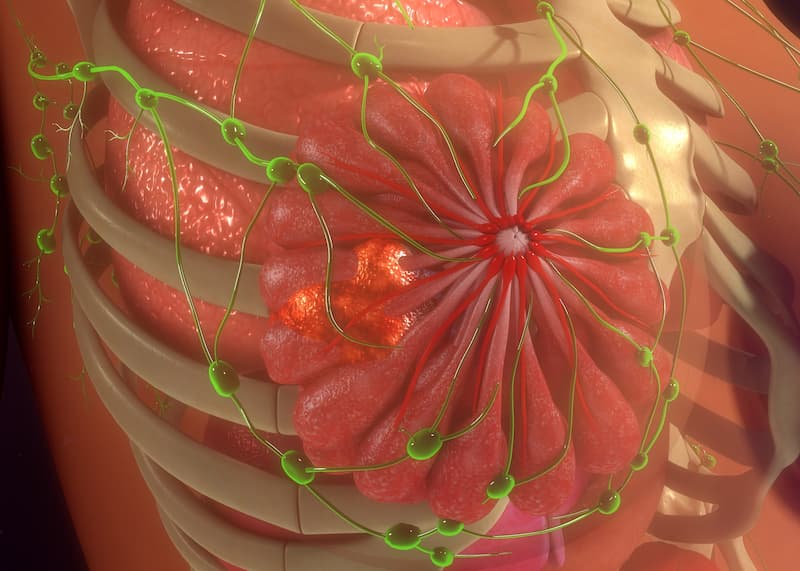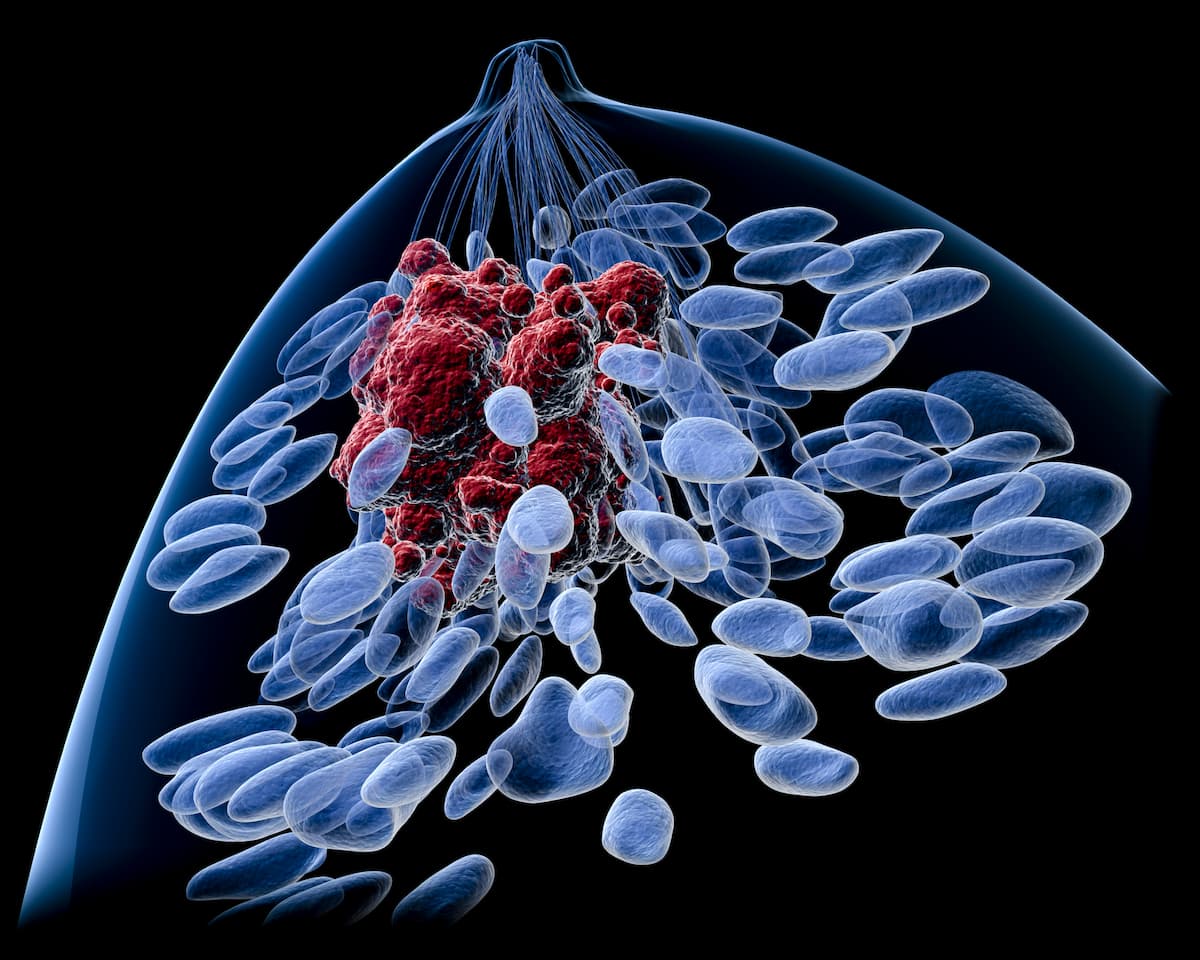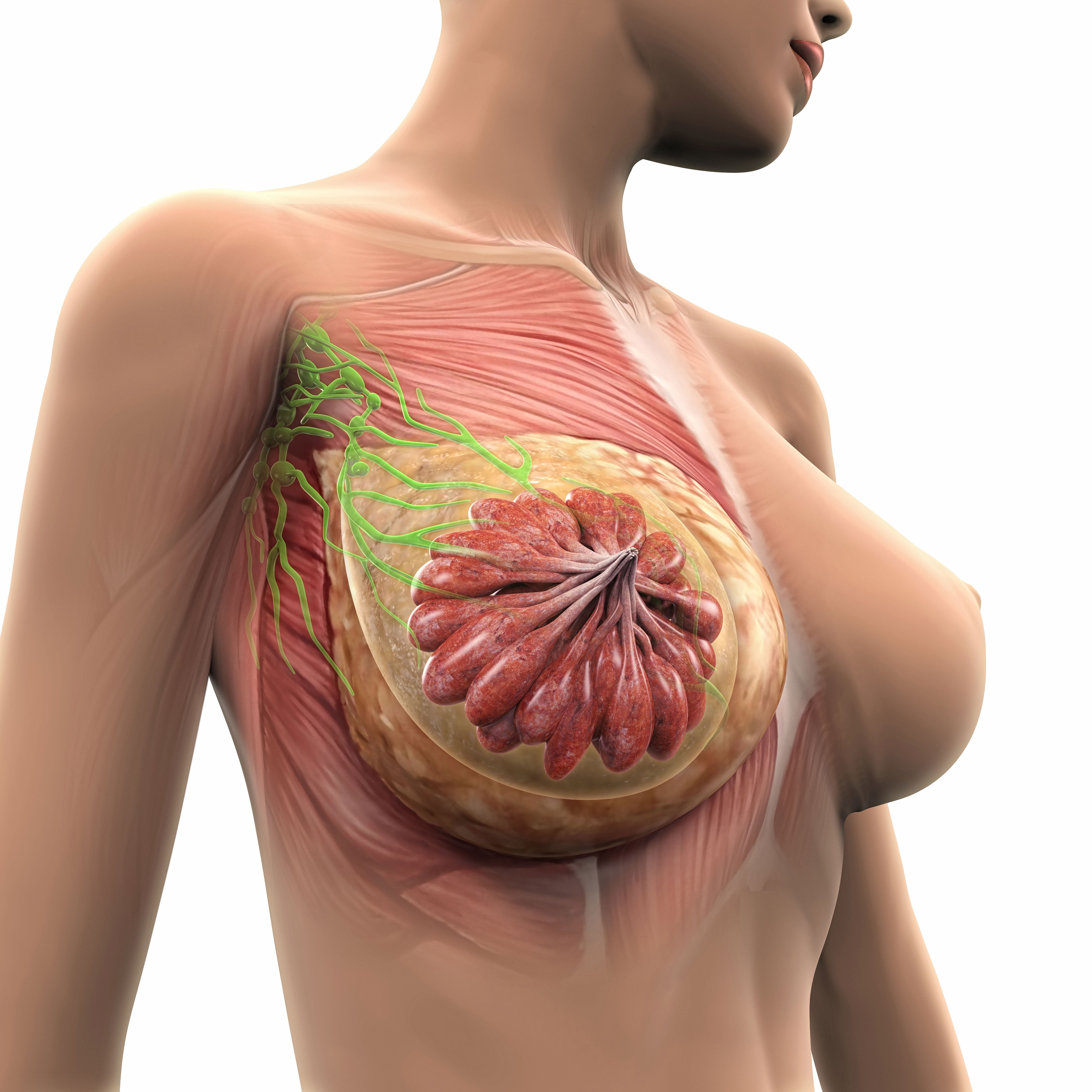

Screening frequency appears to be a weak risk factor for advanced breast cancer, with obesity in post-menopausal and dense breasts in pre-menopausal patients being more prominent factors.

The Lurie Cancer Center Hispanic Breast Cancer Clinic taps into the efforts of Spanish-speaking physicians, social workers, and others to help treat Hispanic patients with breast cancer, says Claudia Tellez, MD.

Investigators note that prospective research is needed to confirm the efficacy of vitamin D supplements in preventing chemotherapy-induced peripheral neuropathy in patients with breast cancer.

The Hispanic Breast Cancer Clinic at Northwestern Memorial Hospital includes a social worker, nurse practitioners, a medical oncologist, a radiation oncologist, and surgeons, says Claudia Tellez, MD.

The goal of creating the Hispanic Breast Cancer Clinic at Northwestern Memorial Hospital is to establish a safe space for Hispanic patients, says Claudia Tellez, MD.

Several factors may contribute to the low Hispanic breast cancer population at Northwestern Memorial Hospital, including a lack of resources and a focus on other disease types.

Accommodating supportive therapies such as fertility and hair follicle preservation may help increase trial recruitment among younger patients with breast cancer, according to Monique Gary, DO, MSc, FACS.

While the majority of patients with breast cancer are women, men need to be considered when designing clinical trials.

Data from a study highlight that the breast cancer makes up the highest number of early-onset disease cases compared with other cancer types from 2010 to 2019, although overall cancer morality appears to have decreased.

Monique Gary, DO, MSc, FACS, discusses emerging data on early-onset cancers, including breast cancer which had the highest incidence in this population.

Investigators report a disparity in survival among Black patients with inflammatory breast cancer, although receipt of treatment does not appear to vary according to race.

Minh-Tri Nguyen, MD, spoke with CancerNetwork® about differences between time to treatment, socioeconomic status, and clinical outcomes in rural and urban patients with breast cancer.

After identifying several factors independently associated with the risk of breast cancer–related lymphedema following axillary lymph node dissection, investigators recommend further studies to examine biologic mechanisms behind racial and ethnic disparities within this space.

Findings from a post-hoc analysis identified disparities in Black patients with early hormone receptor–positive breast cancer that could not be explained by early discontinuation of endocrine therapy, clinicopathologic characteristics, insurance coverage, or neighborhood deprivation index.

Black women with breast cancer had a 3.5-fold higher rate of lymphedema over 24 months compared with White women.

Findings from a study indicated that non-Hispanic American Indian and Alaskan Native patients with breast cancer were more likely to undergo a mastectomy compared with non-Hispanic White patients.

Investigators compared tradeoffs in breast cancer screening strategies in Black patients vs White patients.

Transgender individuals may be more likely to develop breast cancer than cisgender men; guidelines need to be established and institutions need to eliminate discrimination to encourage higher breast cancer screening rates for this population of patients, investigators said.

Differences in frequency of germline pathogenic variants were not seen in patient subsets by ethnicity when comparing 12 genes linked with breast cancer.

Data focusing on patients seeking breast surgical procedures determined that broad skill sets are valuable for general surgeons practicing in rural areas, as breast surgeries only represented a small proportion of total surgical procedures conducted.

A retrospective, population-based cohort study in JAMA Oncology found Black women in the United States were more likely to have a high-risk recurrence score and die of axillary node-negative breast cancer than non-Hispanic White women who had similar scores.

A study presented at the 12th European Breast Cancer Conference suggests women over the age of 70 with breast cancer can tolerate surgery even though they aren’t offered it regularly, but a second abstract suggests these women tend to opt out of this treatment option.

Among accredited US cancer centers, hospitals which serve primarily minority patients were found to be as likely as other hospitals to offer the standard of surgical care for early-stage breast cancer.

